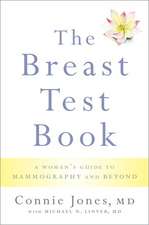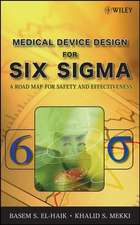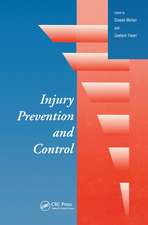Injury Prevention: An International Perspective: Epidemiology, Surveillance, and Policy
Autor Peter Barss, Gordon S. Smith, Susan P. Baker, Dinesh Mohanen Limba Engleză Hardback – 23 iul 1998
Preț: 484.58 lei
Preț vechi: 624.55 lei
-22% Nou
Puncte Express: 727
Preț estimativ în valută:
92.75€ • 100.79$ • 77.96£
92.75€ • 100.79$ • 77.96£
Carte tipărită la comandă
Livrare economică 11-17 aprilie
Preluare comenzi: 021 569.72.76
Specificații
ISBN-13: 9780195119824
ISBN-10: 0195119827
Pagini: 398
Dimensiuni: 257 x 180 x 28 mm
Greutate: 0.94 kg
Editura: Oxford University Press
Colecția OUP USA
Locul publicării:New York, United States
ISBN-10: 0195119827
Pagini: 398
Dimensiuni: 257 x 180 x 28 mm
Greutate: 0.94 kg
Editura: Oxford University Press
Colecția OUP USA
Locul publicării:New York, United States
Recenzii
'...a landmark addition to a remarkably small shelf of texts about this subject...coherent, well organised, and well written...I judge the book a great success because it is difficult to imagine readers, even among the cognoscenti, who are not better informed after a careful read...There is no better compendium and no more thoughtful presentation of this modern epidemic...'




















